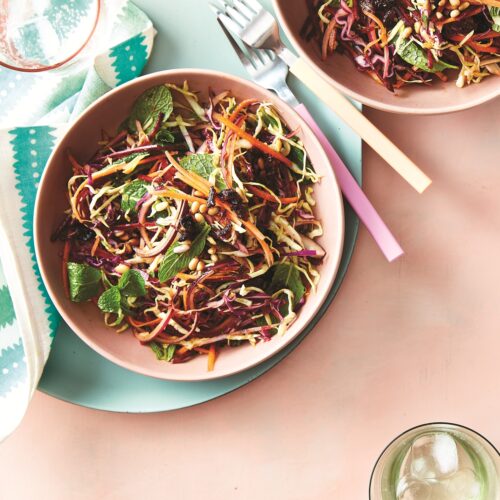
Registered nutritionist Nicola Jackson looks at how to tell if your eating pattern is healthy, or is just a weight-loss diet in disguise.
Diets have fallen out of favour as more of us realise they just don’t work.
But while counting calories may be out of fashion and the ‘d’ word is often dropped, it doesn’t mean that diets are becoming less common. If anything, dieting behaviours are on the rise, it’s just they’ve been rebranded in the name of wellness.
We’re all different and all prefer different ways of eating. There’s nothing wrong with that, as there are many ways you can put together a healthy diet. But for some people, their healthy lifestyle is more of a diet in disguise.
Think this could be you? Here are few of the key signs to look for.
1. Foods that are nourishing and you used to enjoy eating are banned
If you loved a side of brown rice with your curry but it’s now off the menu, it’s time to ask why.
Restricting nourishing foods and food groups is unnecessary and limits variety in your diet. For good health, eating a variety of nutrient-rich foods is one of the positive ways you can ensure you get a range of vitamins, minerals and phytonutrients. A varied diet high in fibre is also important for maintaining a healthy population of gut bacteria.
Before removing nourishing foods from your diet, double check your motives and reasons why. Chances are you don’t need to.
2. You’re constantly thinking about food and it’s causing you some anxiety
I have to admit that food is often on my brain, but it’s in a healthy and positive way. Firstly, it’s part of my job and secondly, I love to eat! Once upon a time I wasn’t in such a good place, and I’d always be worrying that a food might have too much fat/sugar/calories etc. If you’re in a similar headspace, this is a typical response to dieting and a red light that it might be time to re-evaluate any rules you’ve created around eating, to find a better balance.
3. Your new plan involves a barrage of supplements each day
Wellness has become big business, not only for health foods, but for supplements as well.
Supplements can be necessary and useful in some cases, but they can be an unnecessary expense. Often it’s the people that sell them that push them the most. I’ve seen people spend hundreds of dollars on a range of supplements, after being told by those in the industry that it’s very difficult to get all you need from food alone.
If you’re starting your day with lots of expensive supplements and shakes as a part of your healthy eating regime or instead of ‘real’ food, then it might be that the plan you’re following is really a diet. Supplements cannot replace a healthy diet, so make sure food comes before anything extra.
Food is for nourishment, but it’s also a source of pleasure. Finding the balance between eating healthy, enjoying food and feeling great is a good sign you’ve found an optimal way of eating.
www.healthyfood.com











